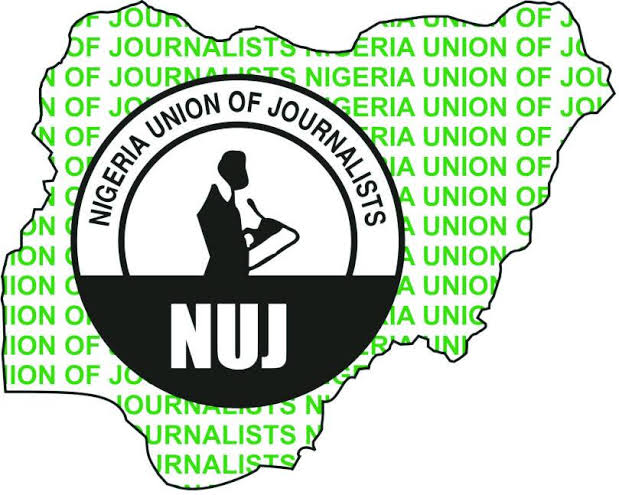Kwara NUJ Chairman Urges UN to Strengthen Global Protection for Journalists

Abdullateef Lanre Ahmed, Nigerian journalist and Chairman of the Kwara State Council of the Nigeria Union of Journalists (NUJ), North Central zone, has called on the United Nations to strengthen global policies for the protection of media practitioners.
Speaking to Newsmen in Ilorin, the Kwara State capital, Ahmed described the press as the "lubricant of democracy," emphasising that no government can function effectively without journalists to inform the public and hold power to account.
He condemned the increasing harassment, unlawful detention, and killings of journalists worldwide, citing the recent deaths of six reporters in Gaza as a stark reminder of the dangers faced by media workers in conflict zones.
"It is high time the UN General Assembly took a firm stand on this eyesore," Ahmed said.
He stressed that for the United Nations to remain relevant, it must ensure that superpowers do not act as unchecked global enforcers, and instead uphold equal treatment among nations and establish journalist protection as a matter of international law.
Ahmed warned that societies which fail to protect their journalists risk weakening the very foundation of their democracy.
"Globally, we have short memories. Something happens, and we move on without accountability. That must change if democracy is to survive," he said.
The NUJ chief lamented that while journalists in advanced countries enjoy mouth watering welfare packages and institutional protection, reverse was the case for their Nigerian counterparts, who struggle with poor pay, irregular allowances and lack of insurance cover.
Ahmed said it was "unacceptable that those who work like elephants feed like ants," adding that a media endowment fund and a dedicated media salary structure were long overdue to boost morale and safeguard professionalism."
He also expressed concern about the rise of "journalism without borders," where untrained individuals spread unverified information through social media.
"The trend has eroded professionalism and weakened public trust in credible news sources.
"Everybody with a smartphone now calls themselves a journalist. Society no longer waits for professionals; people believe anything they see online, even from unqualified sources," he said.
On the Cybercrime Act, Ahmed noted that while democracy permits freedom of expression, rights must be exercised responsibly.
He cautioned journalists and citizens alike to avoid libel, slander and defamation under the guise of free speech.
Cloud Tag: What's trending
Click on a word/phrase to read more about it.
Abdulrahman Abdullahi Kayode Saliu Tunde Bello Mamatu Abdullahi Esinrogunjo Lotus Bank Yusuf Zulu-Gambari Maryam A. Garuba Mope Dasuki Belgore Mahmud Durosinlohun Atiku Kehinde Baale Baba Adini Of Kwara State Ilorin Amusement Park Islamiya Abdulraheem Junior Secondary School Certificate Examinations Markaz Arabic And Islamic Training Institute, Agege Ishola Moses Abiodun AbdulGafar Tosho Nurudeen Muhammed Mahee Abdulkadir CACOVID Palliatives UTME LAK Jimoh Shagari Vishvas KOZ Tractors Zubair Folorunsho Erubu Rotimi Oyedepo Valsolar Oloyede Surajudeen Akanbi Mahmud Babatunde Baker Okanlawon Musa Kayode Laro Esinniobiwa Quareeb April 11 Code Of Conduct Bureau Usman Alkali Baba Simeon Ajibola Wahab Issa Saliu Ajibola Ajia John Obuh Awili Pedro Kola Shittu Omupo Congress For National Consensus Kulende-UITH Olusin Of Ijara Isin Bayer Nigeria Limited Sambo Murtala Share-Tsaragi Principal Private Secretary Abubakar Baba Sulaiman Baakini Sabi Odo-Owa Nigerian Medical Association Baba Isale Mohammed Lawal Ibikunle Ogunleye Chief Imam Of Ilorin A.O. Belgore Abdulrahman Abdulrasak HYPPADEC Iponrin Muhammad Ghali Alaaya Olukotun Of Ikotun Idofin Saka Keji Mumeen Lah CBT Bureau Of Lands Otunba Taiwo Joseph Pakata Patriots Abraham Ojo Gbenga Awoyale Bamidele Aluko Lola Olabayo Abdulkadir Bolakale Sakariyah


